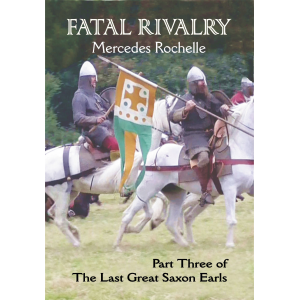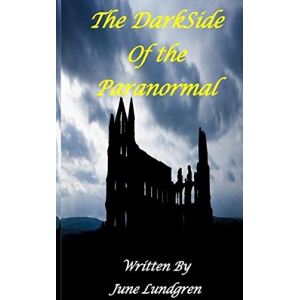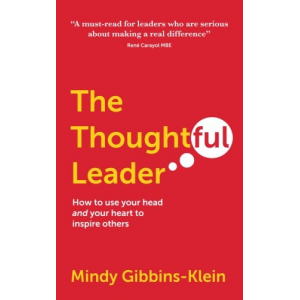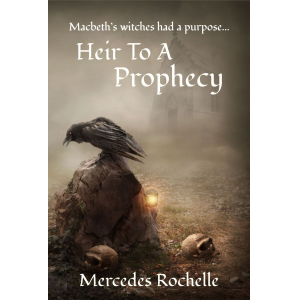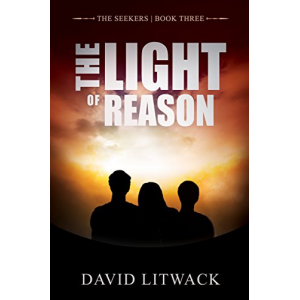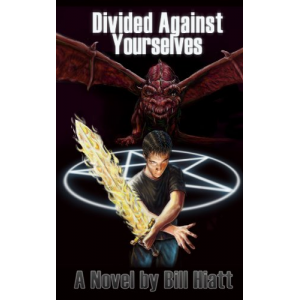- Author
- Book
- Story behind the book
- Media Links
- Reviews
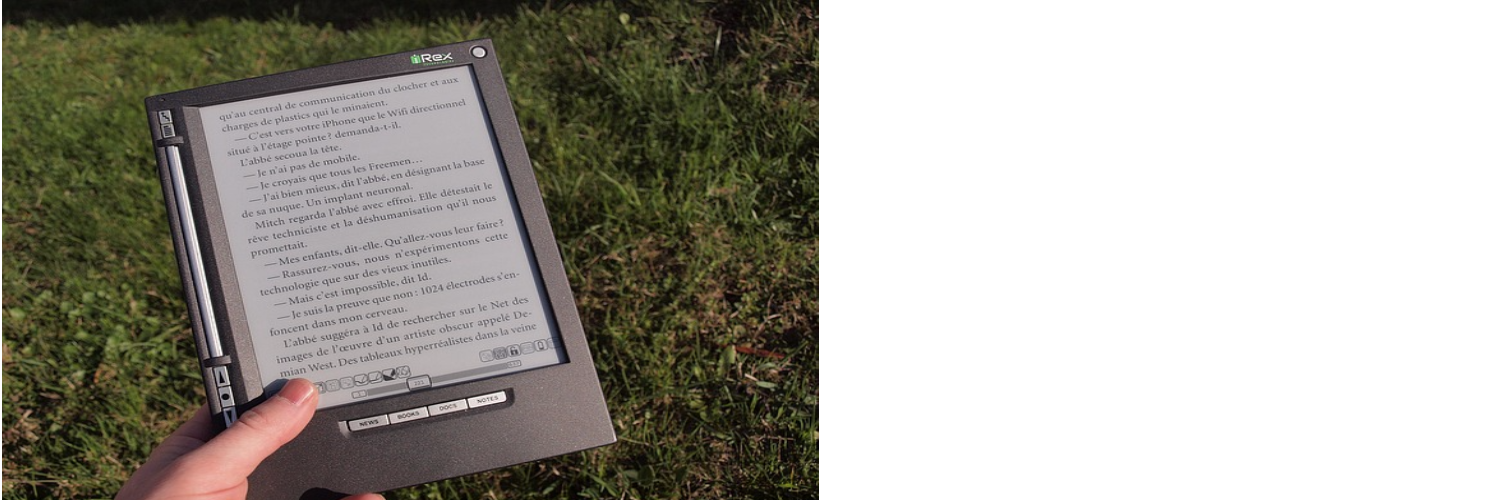
Linda Leon
About
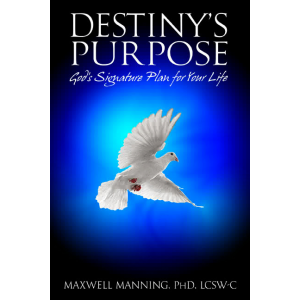
Destiny's Purpose
Description
This books provides information and strategies for those who are seeking to discover more about their purpose and destiny in life. Each chapter includes practical and inspirational ideas that are designed to help its readers to to identify and effectively engage in purposeful living.
Story Behind The Book
When I landed in Saigon in 1972 I thought I knew about the dangers that were ahead. After all, I knew it was a desperate place. Fighting and dying had been going on long before I arrived there. As an Infantry officer, a Captain, I had been well trained. I could set ambushes, call in air strikes and shoot my way out of a gunfight with the best of them. I had also hardened myself against my subordinates, and intellectualized that taking casualties was for the most part unavoidable. I also accepted that I might be killed or wounded, though I had made my mind up that I would never be captured. That was what my handgun was for. But what I had not foreseen nor planned for was the ‘darkness.’ I had just snuck into my hideout from a night ambush mission when I received a secure radio call from my Six from his lair near the Mekong to be ready to be extracted in two hours. Two hours. As the chopper lifted off leaving my little team waiving to me I expected to be back after receiving another one of ‘those’ missions. Instead I was put on a plane and sent home. Arriving in America a couple of days later I was a man from space. Seventy-two hours earlier I had been in a firefight. Now I was picking ghostly insects from my meal at home. Two weeks later I was a ski instructor for the Northern Warfare School in Alaska. It was there during those cold clear nights that I began experiencing the ‘dreams.’ They came at night, like an ambush team, while I was weak and vulnerable, while my ego was resting. Images of the jungle, the people I knew, and the things I had done. And after awhile, I began to have waking dreams. Yes, the ‘Thousand Yard Stare.’ While you were driving, while you were talking, while you were eating, while... I fought the dreams with things I don’t want to write about. I left the Army. But the dreams never left. They accompanied me while I was driving in my patrol car after I had become a police officer. They took the place of script as I studied my law books. When I would walk down the street a car backfiring or some loud noise would invoke an embarrassing response from me wherever I was and with whomever was with me. I trusted no one and everyone and everything was out to get me. I even joined the National Guard to be able to act out my subconscious desires. I was at a point that I was at the end of myself. I couldn’t form personal relationships and felt alienated from everyone and the society I was in. The darkness had taken me. I was alone and suicidal. War brings horrible consequences to those that have served. Suicide is a tragic reality and I am glad that I was spared death, yet “veterans comprise 20% of national suicide with approximately 22 veterans dying by suicide everyday. Three out of five veterans who died by suicide were diagnosed as having a mental health condition.” I had no family left to fall back on and the institutions I had made myself apart of were not set up for understanding the human condition of their employees. It was the hand of God that transformed my life. As a small boy I had been a member of a church, a small group that meet in the basement of a larger house. One of the deacons was leaving, a plain man with a friendly smile and solid voice, he gave the children, and there were three of us, Bibles as parting gifts. That was when I was twelve. I still had the Bible. My grandmother had kept it for me and when I left home after joining the police force she handed it to me. She didn’t say anything but she knew. One night for some reason, to this day I cannot tell you why, I thumbed through it. My eye was caught by the story of David. I read it. And in my mind his story was similar to mine. Over the days I formed a bond with David. If God loved a man like David, a man that he said was of his own heart, then there was a chance for me. After awhile, when the darkness came, David drew his sword of light and cut it away. David had put himself to the task of being God’s servant. He didn’t run from evil, he faced it. I decided to find out what the darkness was. I read everything I could about what I was experiencing. And I found out it had a name-delayed stress syndrome. Once I focused my life away from my problems I began to see that many of my fellow police officers were showing symptoms of the darkness. I was now an instructor at the Police Academy and had recently received Master’s Degree in clinical psychology. I began teaching officers how to cope with the darkness, now labeled, post traumatic stress disorder. Thus began my journey of teaching others to defeat this malady. In 1982 I was appointed to President Reagan’s Vietnam Veterans advisory committee, where I centered on PTSD. In the years to come I knew that I wanted to write about PTSD and what it had done to so many soldiers. But I also wanted to write about what had happened to me; not my experiences but my being saved from the darkness by what I know was God’s grace. Some would call it redemption. But how would I do this? I wrote The Warrior. The Warrior is a novel about redemption. Not redemption in the classical sense that has been written about many times. How would God redeem warriors? Warriors who had been sentenced to live in the darkness for questionable conduct. God would come to them as a warrior. I knew that this concept might be foreign and perhaps offensive to many religious readers. But I felt it was a story that I had to tell. My central character is a man named David. I patterned him from the Bible’s David. And like King David, The Warrior’s David was a failed human being. David and his team were called upon to carry out Phoenix missions in Vietnam and all had left the service in disgrace. Years later God comes to them and brings them together to accomplish an impossible task that will redeem them and let them stand in the light of men once more. I used as a background for the novel’s action, the Falklands War. I’m not sure if there has been any fiction written about the Falklands War. The Warrior is gritty. There is rough language, scenes of violence, but also tales of bravery and sacrifice. I wanted to take the readers, especially Christian and other religious readers to a real world, a world where evil lives and to show how it can be defeated. Christ never flinched from entering places of evil men and danger. I hope readers would find The Warrior a little dangerous but worth reading. Though David’s dreams did mirror PTSD, in the book the reader will find that the true reason that I used the dreams was to provide a lifeline to all that suffer from PTSD. The message was to be open to God. He may speak to you from an unusual place. In the bible dreams are often messages from God. In David’s case that is how God spoke to him. I am fortunate to have The Warrior right now on Amazon’s Kindle books and on Create Space in paperback. If you have been in the military or have a family member that has been in the military, this book has the power to transform your life, give you something to live for and restore you. It’s not just military fiction, but is writing that has a message of God’s love and redemption. If you or a loved one is in darkness free yourself and allow the message of The Warrior to be a point of life giving inspiration. Phil Davidson is a practicing attorney and the author of The Warrior. The book is a tale of action, loyalty and redemption. The book is now available on Amazon.
Media Links
Reviews
<p> </p> <p> </p> <p><strong>Reviewed By Viga Boland 5 Stars</strong><br /><br /> If you’re looking for a lightweight, cosy read, don’t pick up The Warrior by Phillip Davidson. On the other hand, if you like books that challenge your beliefs and invite you to question life, morality, religion, duty, honour and man’s purpose here on earth, snap up The Warrior. But a couple of provisos before you do that: you must enjoy, or be interested in, or relate to what it is like to serve in the military; you need to have a strong stomach; you need to accept the ramifications of PTSD, and you must be ready to suspend any tendencies to dismiss the supernatural, paranormal, or at least the possibility that there are forces in our universe beyond what we see in our everyday lives. If you can do all that, you will get into The Warrior and not be able to put it down. <br /><br /> The novel is centered around a group of Vietnam vets who went to hell and back over a decade before. They have seen atrocities and have committed atrocities. They’ve all returned to civilian life in different capacities and jobs and suddenly, one of their team, the mysterious Keaton, begins visiting them all at different times and in different places. He is calling on them to follow through on a covenant they made wherein they had called on God to deliver them from what would have been certain death at the hands of the Viet Cong in the jungle. They survived, but now Keaton has come to tell them it’s time to follow through on the promise of the covenant: that if any one of them ever needed their help, they would come together to fulfill that promise. Well, now that time has come: their former leader’s wife, Sonya, is being held captive by the junta in Argentina. The group’s mandate is to band together to free her. It’s a dangerous and mind-blowing job to free David’s wife, but they are, after all, soldiers and duty calls. <br /><br /> As each member fights this last call to duty, Phillip Davidson takes us into the minds, memories and personal battles each faces with what they have been taught, learned and become over their lives. Nightmares haunt David’s sleep and alcohol has become his escape. But he must somehow save his wife. And there is one more thing that is blowing his mind: Keaton. He was at Keaton’s funeral many years prior. How is it that now Keaton is visiting and talking with him and all the others. How is this possible? Did Keaton, in fact, not die? Is this part of a CIA cover up? All these questions David and the others cannot answer will propel the reader through the many pages of The Warrior.<br /><br /> Some readers may find the sequence of The Warrior a bit difficult to follow: there are flashbacks, scene changes and tons of characters. The novel flips back and forth between introspective thinking and action. But Phillip Davidson knows what he is doing and brings it all home properly. It is not a fast read: it's too deep for that. It might be worth the reader’s time to visit the author’s website. There is a book trailer that will prepare you for this engrossing, but mentally challenging read. Definitely not a book for those who don’t like to go too deep. Going deep can be frightening.</p> <p> </p> <p><strong>Reviewed By Gisela Dixon - I would recommend this book</strong><br /><br /> The Warrior by Phillip Davidson is an action-packed novel set against the backdrop of war and military fighting. The Warrior starts off dramatically right away by introducing the reader to the kidnapping and capture of an American woman in South America. The story then moves onto the military backgrounds, friendships, and the bond shared by a few ex-military men who have gone through all while serving their time fighting for their country, but are now discharged and dealing with post-traumatic stress disorder and other issues resulting from their experiences with conflict. The story follows their quest and mission to rescue the American hostage, based on past relationships and agreements between these main protagonists. The story is interspersed with her experience as a captive in a box, and there is plenty of drama, suspense, military intrigue, and action as the story speeds along to its conclusion.<br /><br /> The Warrior by Phillip Davidson is, at times, a grim novel that forces us to confront the harsh realities of war and devastation. But it is also a story of love and hope and the extent that human beings can go to out of love and loyalty to another human being. Although the book tends a little bit toward the long side, the writing is fast-paced and the plot keeps moving along with plenty of drama and action-packed scenes. I also found that the book is very heavily centered around the military, and if someone does not enjoy that genre, then this may not be the right book for them. Overall, I would recommend this book to readers who enjoy military plots and action.</p> <p> </p>
